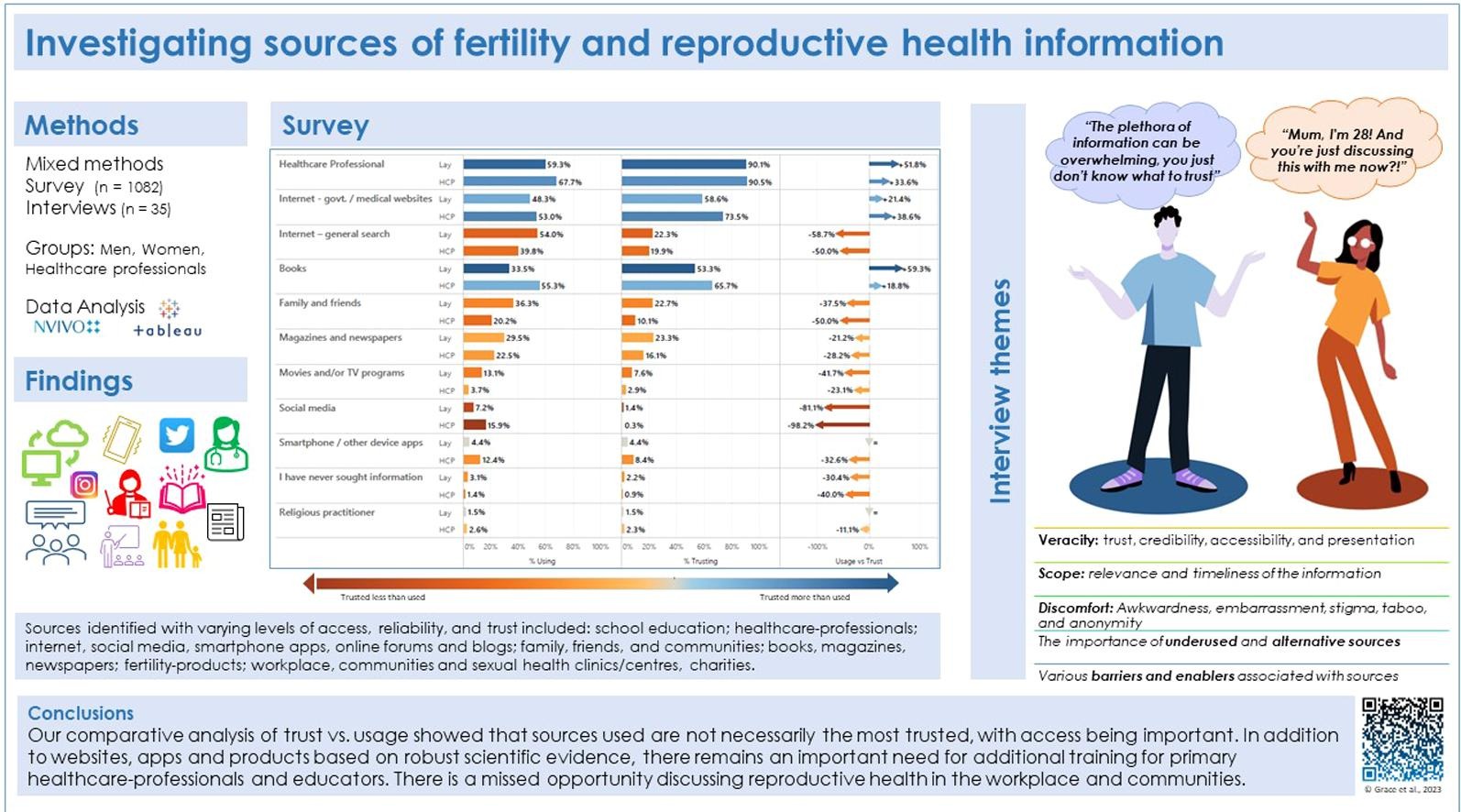Reproductive health is not merely a personal concern but is intrinsically tied to the larger tapestry of global progress and sustainability. The essence of reproductive health revolves around an individual’s ability to have a satisfying and safe sex life, the capability to reproduce, and the freedom to decide if, when, and how often to do so. By achieving a robust standard of reproductive health, we ensure a decrease in maternal and child mortality rates, a reduction in unplanned pregnancies, and the elimination of unsafe abortion practices and sexually transmitted infections. These facets are instrumental in the holistic well-being of any society, impacting its socio-economic fabric, demographic trends, and overall health infrastructure. The connection between reproductive health and the Sustainable Development Goals (SDGs) becomes evident when one begins to explore the intertwined nature of the two. Adopted by all United Nations Member States in 2015, the SDGs present a universal call to action to end poverty, protect the planet, and ensure prosperity for all by 2030. The third SDG, focused on health and well-being, directly highlights the necessity of ensuring universal access to sexual and reproductive health care services, which includes family planning, information, and education. By achieving this goal, we pave the way for more women to participate actively in the workforce, thus contributing to economic growth – the essence of SDG 8. Furthermore, addressing reproductive health is also related to SDG 5, which advocates for gender equality and empowerment of all women and girls. When women have the autonomy to make choices about their reproductive health, they are in a better position to pursue educational and economic opportunities, reinforcing their social standing and reducing gender disparities. Reproductive health also plays a pivotal role in population dynamics, influencing urbanization trends and resource allocation – elements that are core to SDG 11 (Sustainable Cities and Communities) and SDG 12 (Responsible Consumption and Production). It's crucial to understand that the lack of access to reproductive health services is not just a health concern but has ripple effects, impacting the attainment of multiple SDGs. If we genuinely aspire to create a world where the SDGs are not just targets but realities, giving paramount importance to reproductive health is not just a choice, but a necessity.
In the light of the opportunities presented by the Sustainable Development Goals (SDGs) debate is being reignited to understand the connections between human population dynamics (including rapid population growth) and sustainable development. Sustainable development is seriously affected by human population dynamics yet programme planners too often fail to consider them in development programming, casting doubt on the sustainability of such programming.

